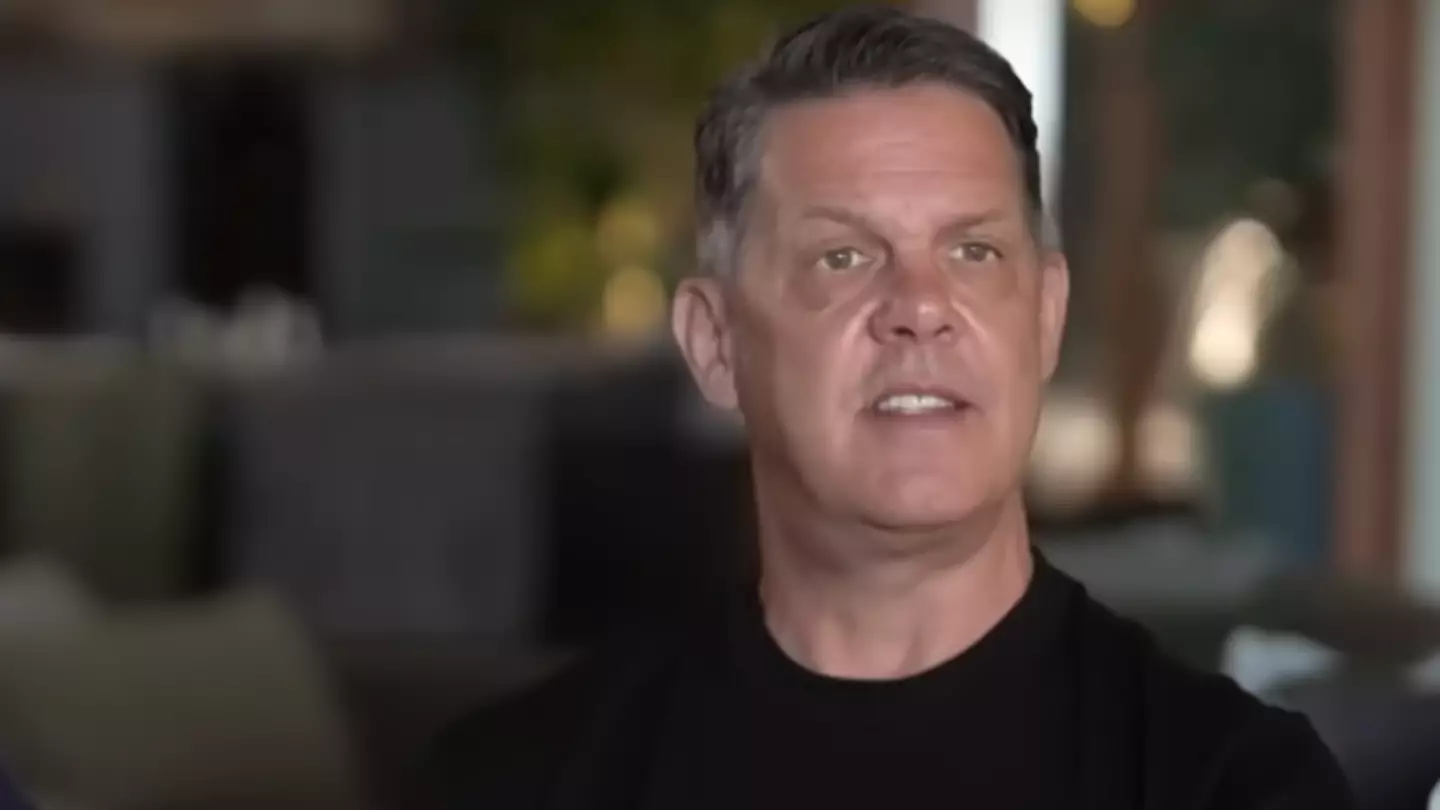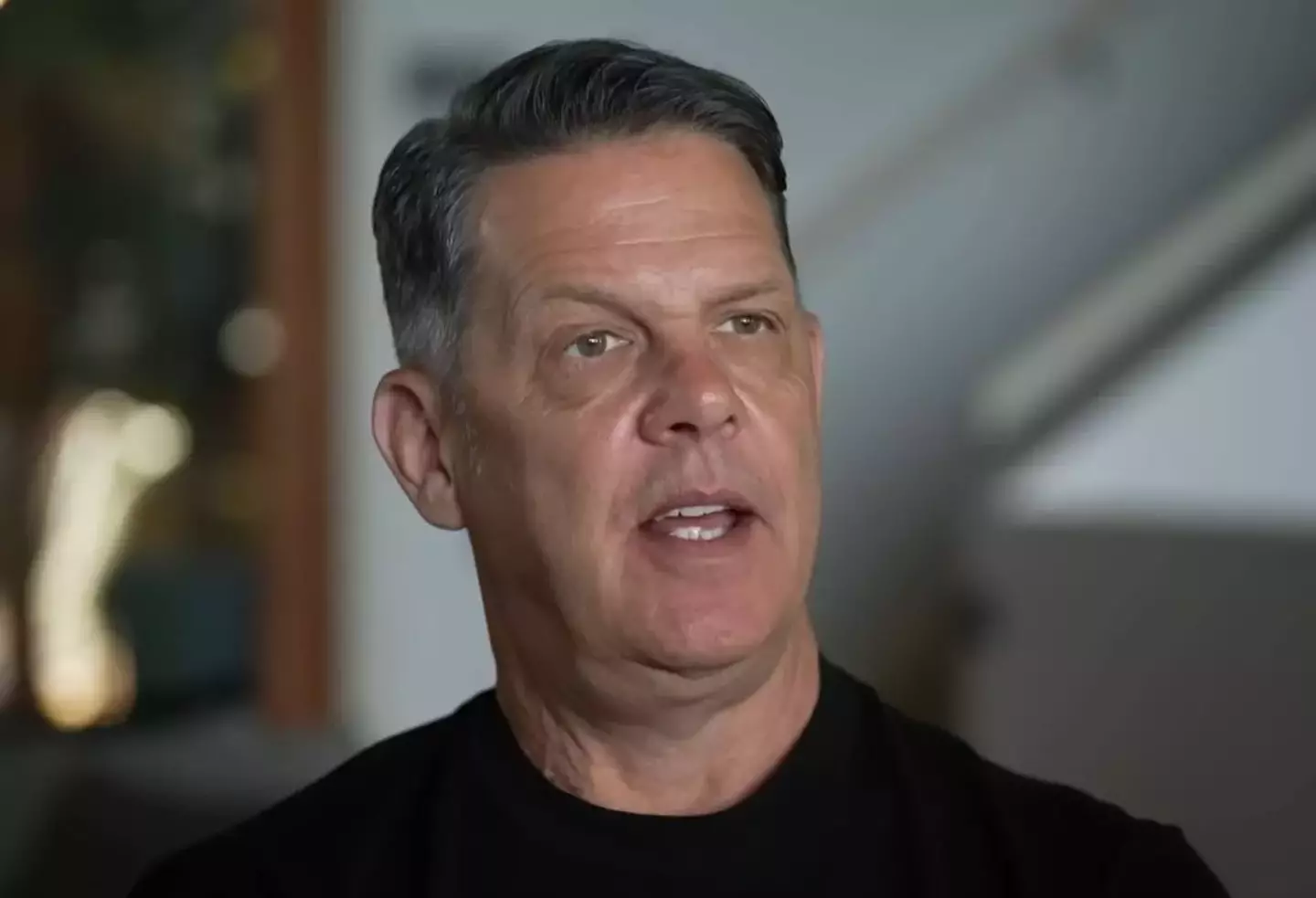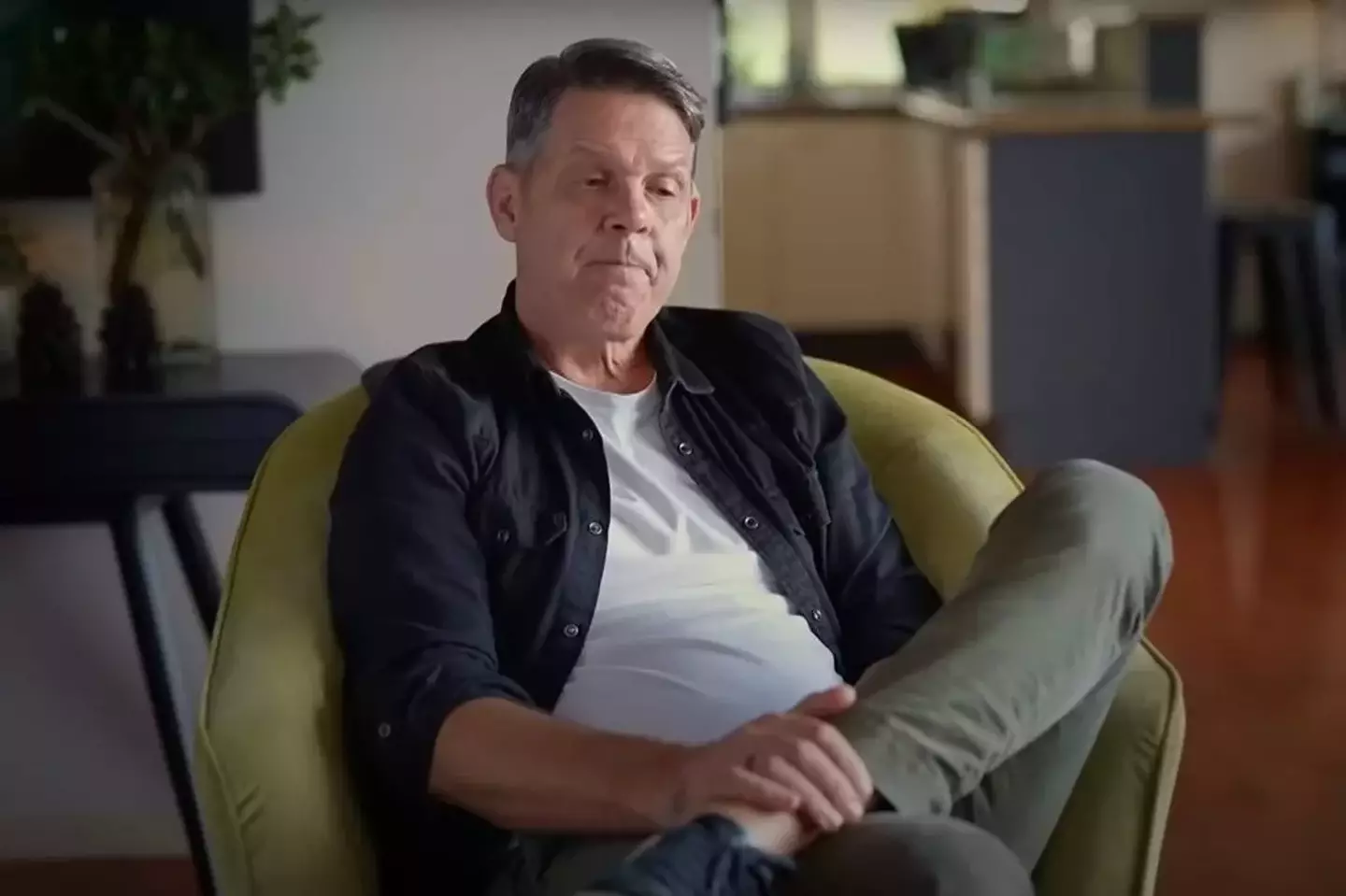
When a man went to visit his cardiologist after experiencing symptoms he put down to stress or work, he was shocked when his doctor picked up one thing that indicated a much-worse outcome.
Dad-of-three Jim Rogers from the UK made an appointment with the cardiology department in Australia, where he lives and works.
This was because colleagues and Jim's partner, Tyler, began to pick up some symptoms of his which led him to consult a heart specialist, initially believing that it was his blood-pumping organ that was causing him to act out of sorts.
However, during his visit, a ‘p***** off’ cardiologist spotted something which led her to refer him to a different department, bringing forth the true underlying condition.
Advert
He shared with ABC News: "One day I went to my cardiologist and she was getting a bit p***ed off with me because my phone was constantly going off.”

It was his mobile phone which ended up giving her clues that he needed further tests, after becoming concerned about the way he answered a simple instruction.
Jim explained: "She was like: 'Can you put it on silent?' And I had this blank where I couldn't even work it out. And it was her that said to me: 'Are you experiencing problems like this?'”
Once he confirmed that this reaction was something that had been happening in his life, she then referred Jim to a memory clinic.
The father shared: “They analyse all sorts of things about the way you perceive information, they sent me for brain scans, they do all sorts of stuff. They asked me to have an appointment with the neurologist."
Sadly, after meeting with a neurologist, his tests led to a formal diagnosis of young-onset dementia.

Jim recalled the moment he had to break the news to his partner, stating: "I think I was having symptoms for a couple of years until I actually got my diagnosis.
"I looked at Ty and he was clearly very upset and so I knew it was heavy, but I didn't know much about Alzheimer's. I just thought it was an old person's disease."
According to the NHS, early signs of dementia include memory loss, difficulty concentrating, difficulties with completing familiar daily tasks, getting confused over finding correct money change, struggling to follow a conversation, being confused about time and place, mood changes and more.
Just days after Jim opened up about his disease, a significant step in treating Alzheimer's Disease in its early stages was revealed by Australian lawmakers.
Usually, for those who qualify for treatment, they could face a $80,000 bill (around £38,000).
But with a drug called Kisunla, which has been greenlit by the Australian medical authorities, people could be able to help those with beginning symptoms.
However, it won’t be a solve-all medication, as Professor Christopher Rowe told The Guardian: "We actually estimate that only about 10 to 20 percent of people with dementia will be suitable for the drug, but that is still a huge number given there's 400,000 people in Australia with dementia, and probably 40,000 diagnosed every year."
